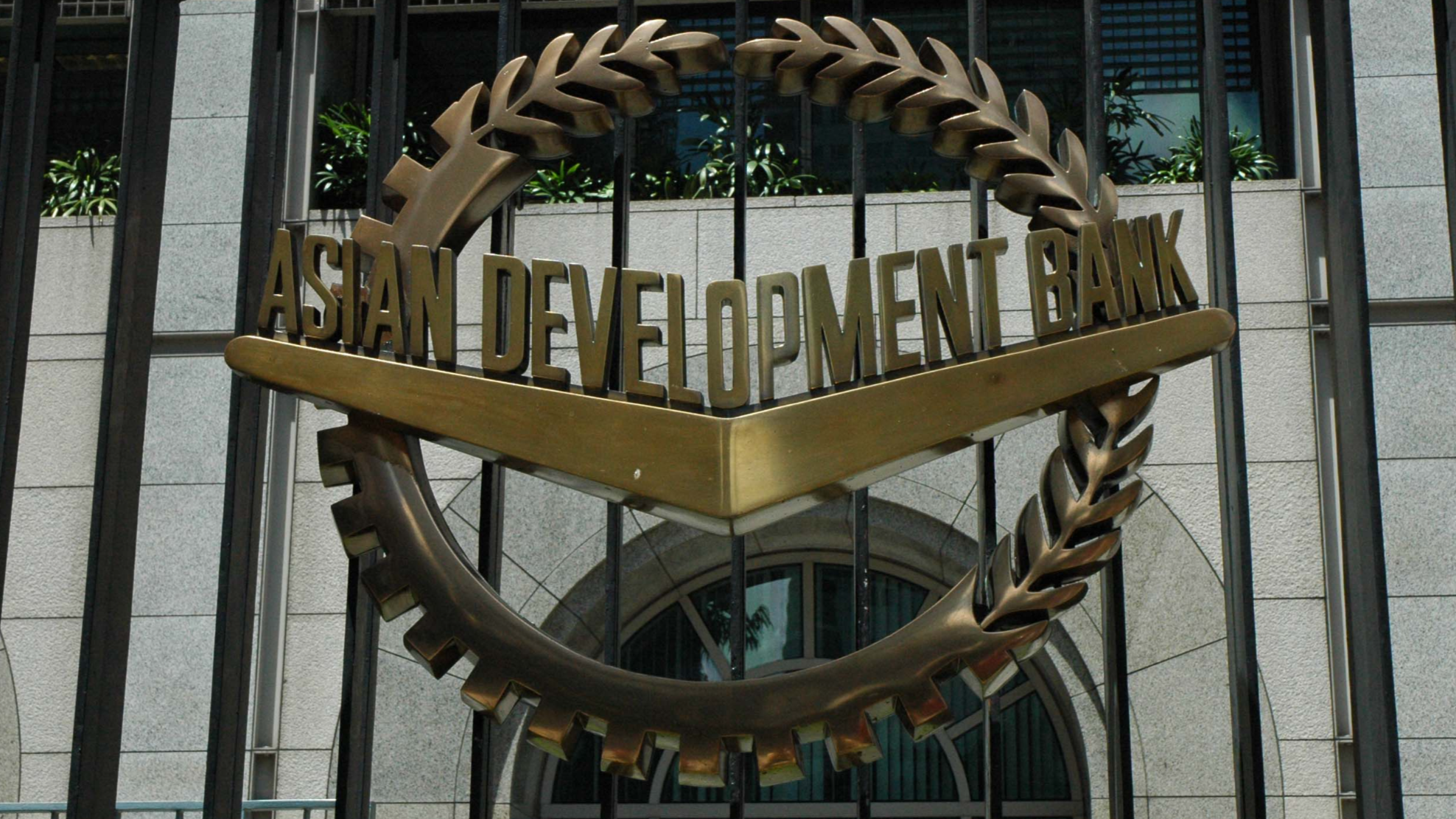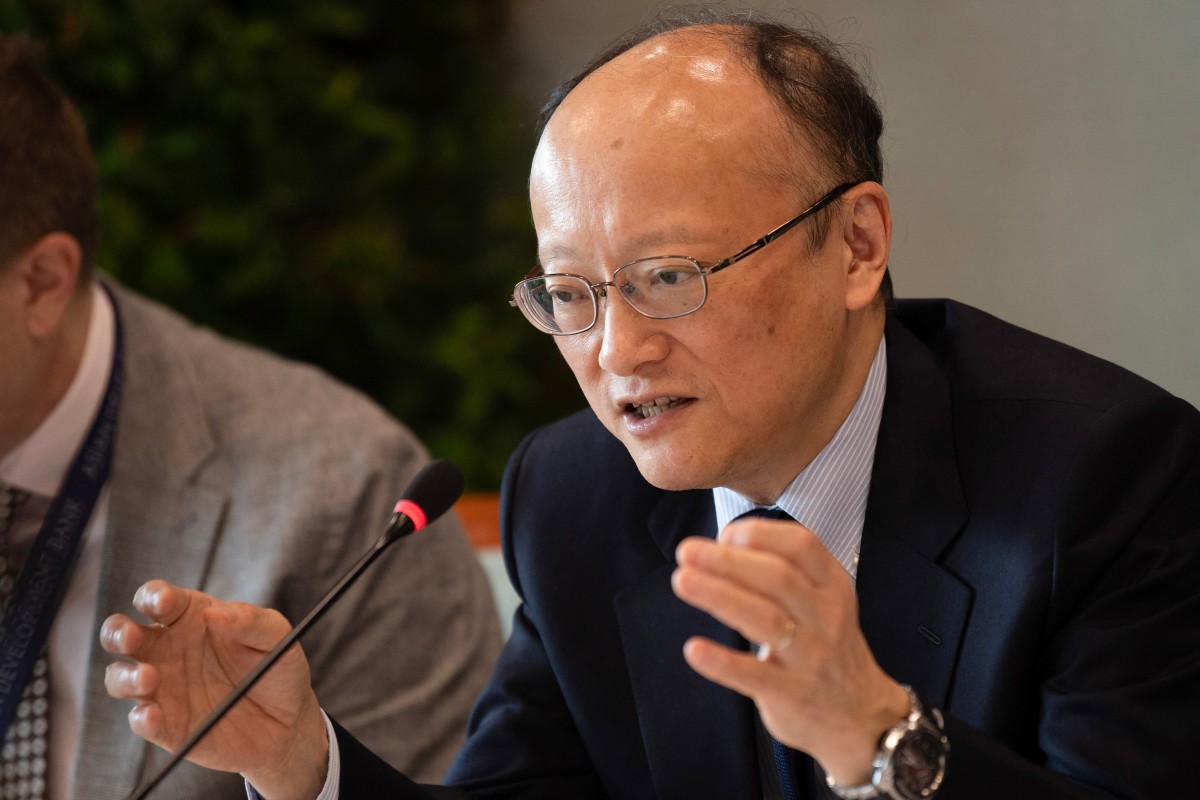
MANILA - Asian Development Bank (ADB) President Masato Kanda has reaffirmed the bank's strong commitment to advancing regional cooperation and integration to hurdle the challenges confronting Southeast Asia, the multilateral lender said Wednesday.
"The region is navigating the impacts of trade and geopolitical tensions, rapid technological change, and growing threats to food and energy security," Kanda said at the 16th BIMP-EAGA and IMT-GT summits in Kuala Lumpur, Malaysia.
He added, "Yet these challenges also present exceptional opportunities to strengthen resilience and drive sustainable economic growth. Our longstanding partnerships will help us turn obstacles into new pathways for progress."

The ADB plans to provide an estimated $24 billion in support for Southeast Asia over the next three years, with a strong focus on deepening regional cooperation and integration, including expanded investments to strengthen connectivity, private sector-led growth, energy integration, and food security.
The ADB is increasing financing to $40 billion through 2030 to address food systems vulnerabilities.
In BIMP-EAGA, the ADB has invested $500 million in agricultural development, $93 million in sustainable aquaculture, and $500 million in plastic marine debris reduction.
The bank also committed $10 billion to support the ASEAN Power Grid, focusing on cross-border links, grid upgrades, and renewable energy.
READ MORE: ADB: Deeper Asia-Pacific integration driving regional growth
To boost regional connectivity through the private sector, the ADB is scaling up private sector financing with a projected four-fold increase to $13 billion annually by 2030. It aims to double its trade and supply chain financing for Southeast Asia to $2.5 billion annually by 2030.


